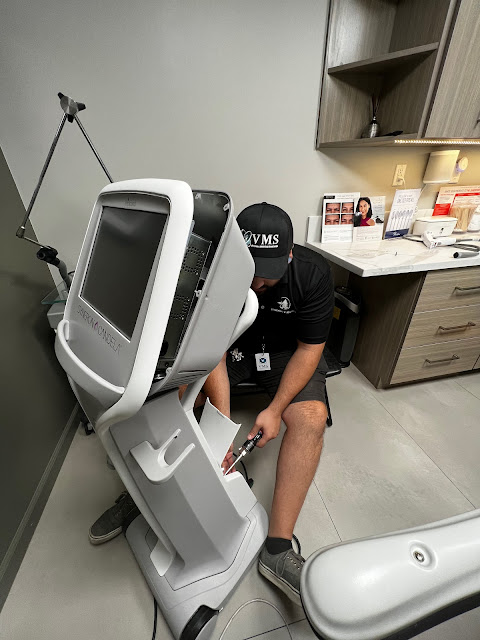In recent years, Alibaba has risen to become a go-to platform for businesses looking to purchase machinery and equipment directly from manufacturers, especially those based in China. While the allure of low prices can be hard to resist, there are significant downsides that potential buyers should be aware of. Let’s discuss the disadvantages of buying machines directly from Chinese factories via Alibaba.
1.
Lack of Legal Protection: Unlike purchasing from domestic suppliers,
when you buy from international manufacturers, you're often left with little
legal recourse should there be issues with the equipment. Enforcing warranties,
contracts, and other agreements can become a logistical nightmare when dealing
with international jurisdictions, language barriers, and differences in
business culture.
2. Liability Concerns: If a machine
malfunctions or causes injury, the liability could fall squarely on your
shoulders. This is especially concerning if the device hasn't undergone
rigorous testing or lacks the appropriate safety certifications.
3. FDA Labeling Requirements: Many
machines from direct Chinese factories may not comply with the FDA's strict
labeling and safety requirements. This non-compliance can lead to serious
consequences, from fines to potential legal action, should these devices be
sold or used in the U.S.
4. Limited Support: Post-purchase support can be a major concern. When issues arise with the machinery, getting timely assistance, replacement parts, or troubleshooting help can be a daunting task due to time zone differences, language barriers, and the sheer distance involved.
5. Clinically Untested: Machines, especially those used in the medical or aesthetic field, must undergo rigorous clinical testing to ensure safety and efficacy. Unfortunately, some products from direct manufacturers may not have undergone such rigorous evaluations, putting both the operator and end-user at risk.
6. Disposable Device Dilemma: Many times, when a device breaks down, you might find it more cost-effective to simply replace it rather than repair it, given the lack of available support. This not only increases costs in the long run but also contributes to environmental waste.
The Munera
Advantage: Support You Can Count On While the
risks associated with direct purchases from Chinese factories are evident, not
all options leave you in the lurch. Munera devices, supported 100% by VMS,
offer a far superior choice.
Located in Southern California, VMS is a
trusted name with over two decades of experience in servicing and sales of
lasers and aesthetic devices. When you purchase a Munera device:
Dedicated Support: VMS offers an
unparalleled level of post-purchase support, ensuring you're never left in the
dark when you need assistance.
Experienced
Staff: VMS boasts a team of knowledgeable,
customer-oriented professionals who genuinely care about your needs.
Showroom
& Repair Center: The Southern
California facility offers a comprehensive showroom and a fully equipped repair
center, allowing potential buyers to experience the products firsthand and get quick
repairs when needed.
In conclusion, while the low prices of machines from Alibaba can seem enticing,
the long-term risks and potential costs can quickly outweigh the initial
savings. For peace of mind, quality assurance, and unmatched support, consider
the advantages that Munera devices, backed by VMS, have to offer.


